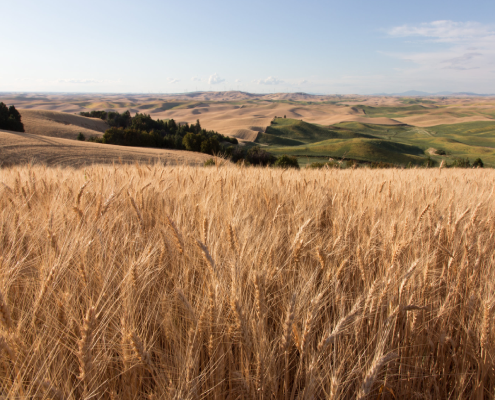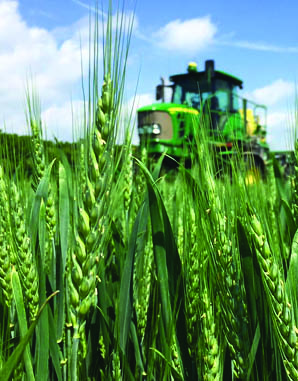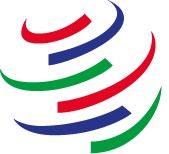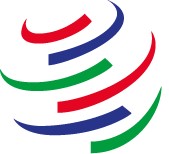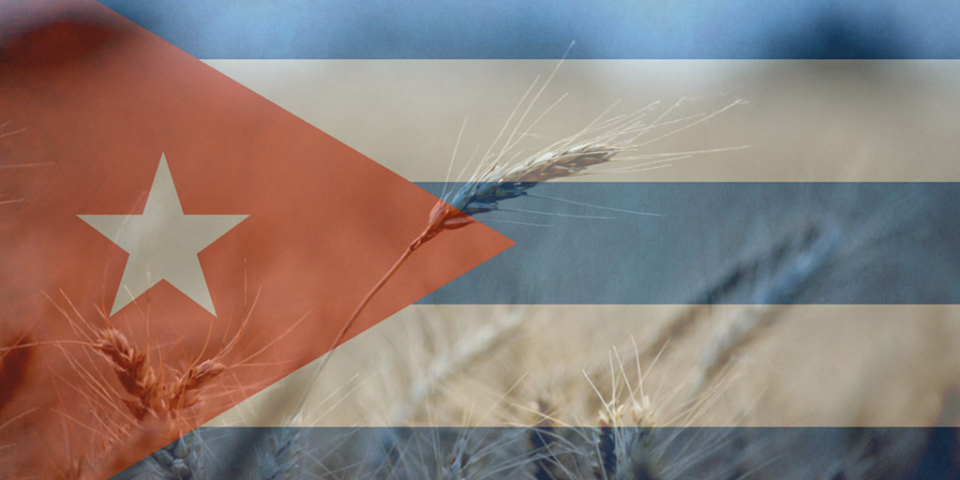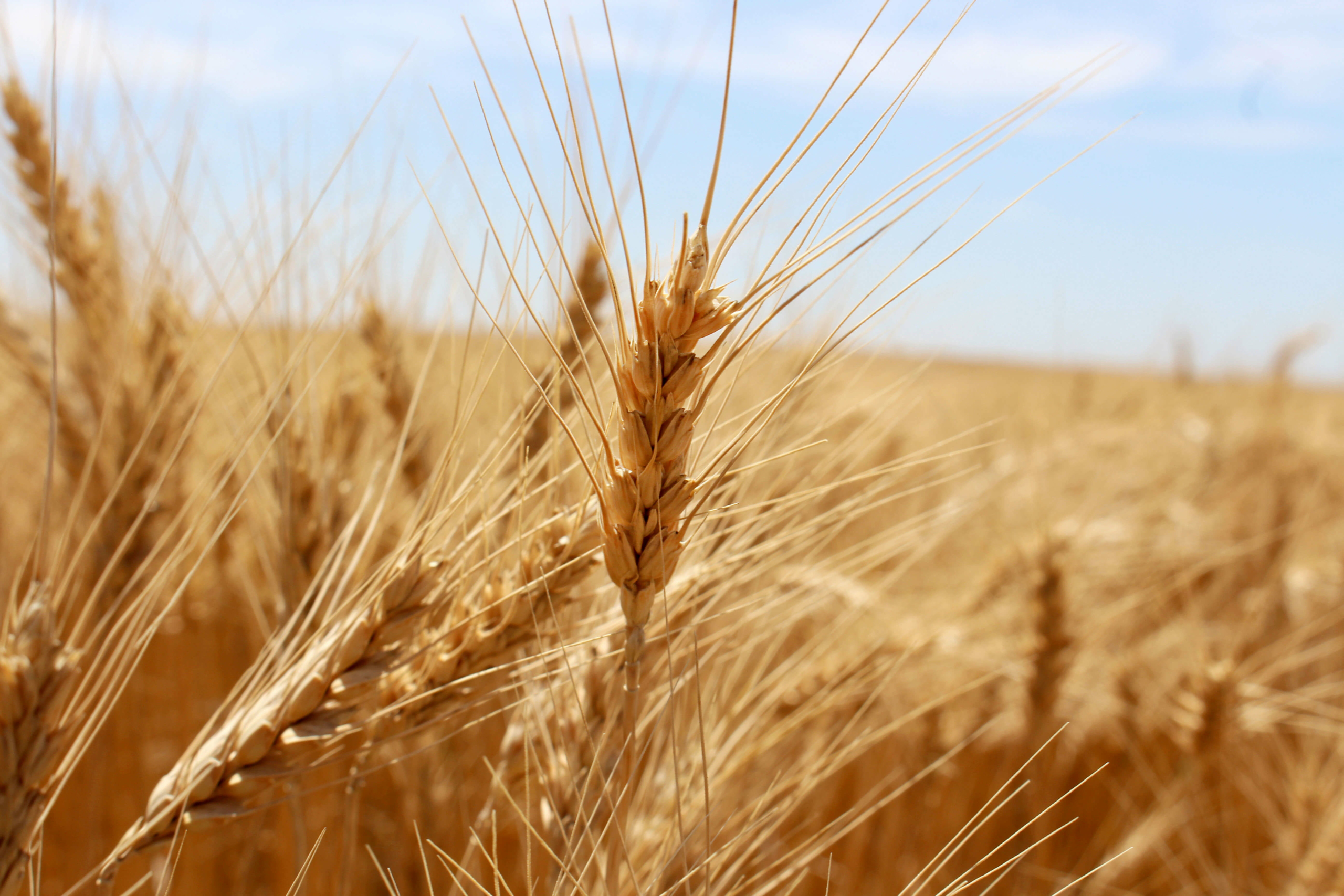ARLINGTON, Virginia — U.S. Wheat Associates (USW) and the National Association of Wheat Growers (NAWG) are expressing concern that a revised Trans-Pacific Partnership (TPP) that excludes the United States puts overseas demand for U.S. wheat at serious risk.
“On January 23, 2017, President Trump announced the United States would pull out of the TPP. The announcement today that the eleven remaining TPP members have concluded talks on a revised deal without us sends a discouraging signal to our long-time wheat importing customers in Japan,” said Ben Conner, USW Director of Policy.
Japan imports an average of 3.1 million metric tons of U.S. wheat every year. After full implementation of the new TPP, Japan’s import tariffs on Canadian and Australian wheat would drop by about $65 per ton.
“That would put U.S. wheat producers at a total price disadvantage of more than $200 million per year from TPP alone,” Conner said. “As the agricultural community warned when the President made the announcement, withdrawing from TPP was shortsighted and unnecessary, and now U.S. wheat farmers could take the hit.”
“As expected, the remaining members of TPP are moving forward without the United States,” said Gordon Stoner, NAWG President and a wheat grower from Outlook, Mont. “If nothing else, this announcement should serve as a rallying cry for farmers, ranchers and dairy producers calling for the new trade deals we were promised when the President walked away from TPP. The heat needs to be turned up on the administration and on trade negotiations with Japan. An already stressed agriculture sector needs the benefit of free and fair trade now.”
The so-called TPP-11 countries include Canada and Australia, which are major competitors to the United States in the Japanese wheat market. Other TPP countries with rapidly growing demand for imported wheat include Mexico, Vietnam, Malaysia, Chile and Peru, Singapore, Brunei and New Zealand round out the remaining TPP partner countries
# # #
About U.S. Wheat Associates
USW’s mission is to “develop, maintain, and expand international markets to enhance wheat’s profitability for U.S. producers and its value for their customers.” USW activities in more than 100 countries are made possible through producer checkoff dollars managed by 17 state wheat commissions and cost-share funding provided by USDA’s Foreign Agricultural Service. For more information, visit our website at www.uswheat.org.
About the National Association of Wheat Growers
NAWG is the primary policy representative in Washington D.C. for wheat growers, working to ensure a better future for America’s growers, the industry and the general public. NAWG works with a team of 20 state wheat grower organizations to benefit the wheat industry at the national levels. From their offices in the Wheat Growers Building on Capitol Hill, NAWG’s staff members are in constant contact with state association representatives, NAWG grower leaders, Members of Congress, Congressional staff members, Administration officials and the public.
Nondiscrimination and Alternate Means of Communications
U.S. Wheat Associates prohibits discrimination in all its programs and activities on the basis of race, color, religion, national origin, gender, marital or family status, age, disability, political beliefs or sexual orientation. Persons with disabilities who require alternative means for communication of program information (Braille, large print, audiotape, etc.) should contact U.S. Wheat Associates at 202-463-0999 (TDD/TTY – 800-877-8339, or from outside the U.S.- 605-331-4923). To file a complaint of discrimination, write to Vice President of Finance, U.S. Wheat Associates, 3103 10th Street, North, Arlington, VA 22201, or call 202-463-0999. U.S. Wheat Associates is an equal opportunity provider and employer.

